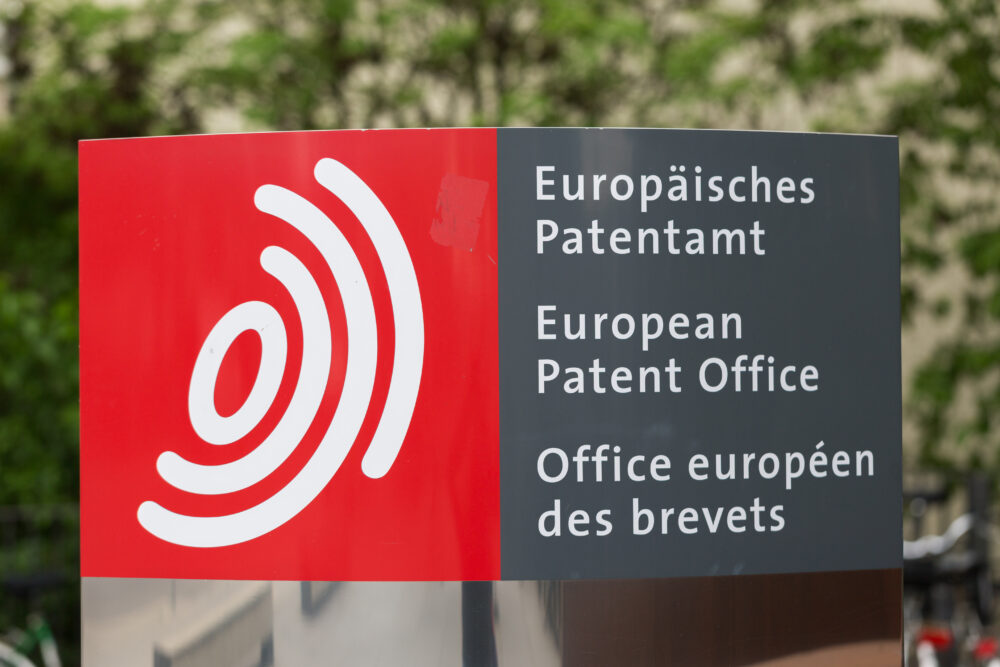The high-stakes legal dispute on the CRISPR/Cas9 patented technology has at least the merit to have highlighted to the worldwide IP community how to secure a valid priority right in Europe.
In a case that ended January 17, 2020, involving no less than 9 Opponents, the Board of Appeal of European Patent Office (EPO) confirmed the Opposition Division’s decision to revoke the Broad Institute patent EP 2771468.
This patent, granted in the names of The Broad Institute, Inc., Massachusetts Institute of Technology, and President and Fellows of Harvard College, derived from an international (PCT) patent application that claimed priority of several US provisional patent applications.
Omitting one Applicant of the US provisional priority filings in the subsequent PCT application, without any assignment of priority right from the omitted Applicant to the others, and the unfortunate disclosure of the invention between the priority date and the PCT date were the pitfalls that led to the demise of the patent.
The long-standing approach of the EPO regarding priority claim is clear: the right to priority from an earlier application can only be exercised by the Applicant of the earlier application (“Any person who has duly filed …”) or “his successor in title”, a condition set forth in Article 87(1) EPC:
“Any person who has duly filed … an application for a patent … or his successor in title, shall enjoy, for the purpose of filing a European patent application in respect of the same invention, a right of priority during a period of twelve months from the date of filing of the first application.”
Under this condition, when several Applicants are designated, those are actually regarded by the EPO as a single legal entity, and, as such, to jointly own the priority right. In practice, this means that the filing of a subsequent application must designate all Applicants of the earlier application, or, if an Applicant is omitted, a transfer of rights must have been formalized before the filing of the subsequent application. Conversely, the addition of a new Applicant in the subsequent application does not impact the validity of the priority claim. This approach is in stark contrast to the US, where at least one joint Inventor in common between the earlier and subsequent application is sufficient to ensure a valid priority claim.
Another classic trap for non-European patent practitioners is to try to retroactively transfer the priority rights, after filing the PCT application. This is too late, as explained in an earlier decision T577/11 of the EPO Boards of Appeal.
In the case that was heard in January (T0844/18), the Broad Institute tried to reverse the current practice and case law. They attempted to argue, to no avail, that (1) the EPO is not entitled to assess who owns the priority right at all, (2) the “all Applicants” approach developed by the EPO would contradict the principles set forth by the Paris Convention and Article 87 EPC, and finally that (3) the national law of the priority filing (herein US patent law) should in any case prevail for the interpretation of “Any person”.
The Board of Appeal not only rejected these arguments, but also refused to refer these questions to the Enlarged Board of Appeal. The decision of the Board of Appeal hence confirms the well-established EPO priority practice.
While the detailed reasoning of the decision is yet to be published, this case painfully reminds all Applicants of the extreme care to take when claiming priority to earlier filings.




